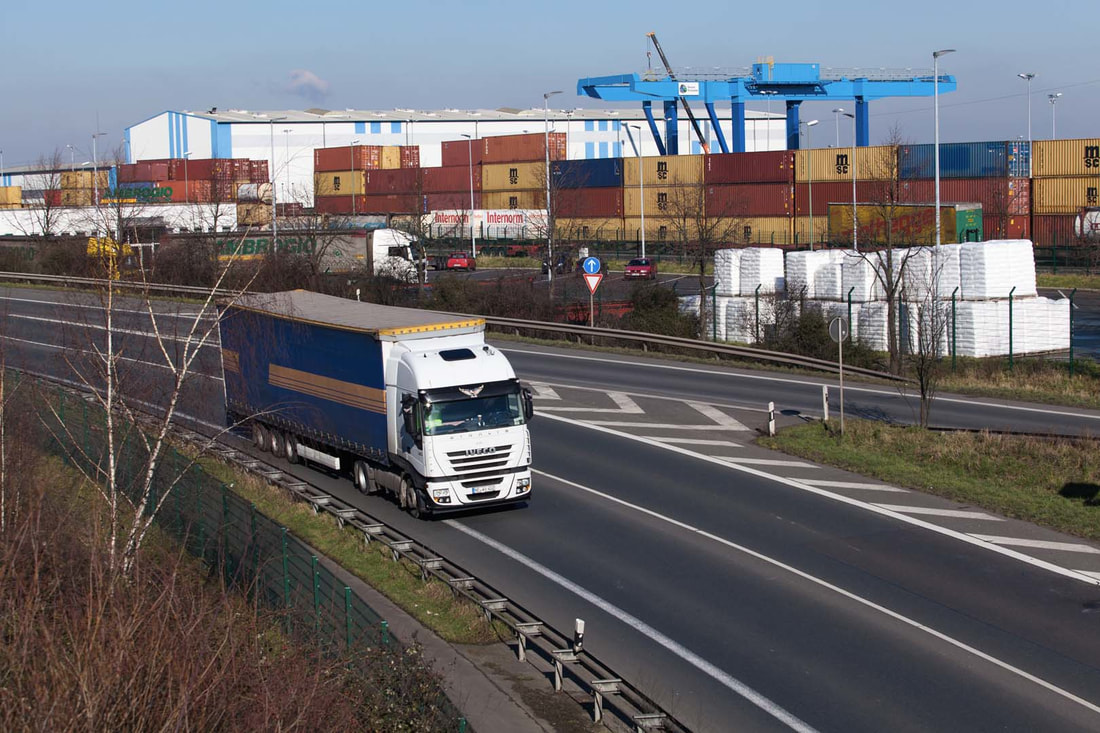|
There are different requirements for importing food in EU so it is necessary to distinguish between food of non-animal origin, food of animal origin and composite products.
But before this, it is important to define what “food” is, according to the EU food law. The article 2 of Regulation n. 178/2002 defines it as “any substance or product, whether processed, partially processed or unprocessed, intended to be, or reasonably expected to be ingested by humans. ‘Food’ includes drink, chewing gum and any substance, including water, intentionally incorporated into the food during its manufacture, preparation or treatment”. The article 2 provides a list of what this definition shall not include: (a) feed; (b) live animals unless they are prepared for placing on the market for human consumption; (c) plants prior to harvesting; (d) medicinal products; (e) cosmetics; (f) tobacco and tobacco products; (g) narcotic or psychotropic substances; (h) residues and contaminants. General requirements Certain rules, including food hygiene requirements and food laws are laid down in Regulations n. 852/2004 and 178/2002. Article 11 of Reg. 178/2002 – Compliance or equivalence “Food and feed imported into the Community for placing on the market within the Community shall comply with the relevant requirements of food law or conditions recognised by the Community to be at least equivalent thereto or, where a specific agreement exists between the Community and the exporting country, with requirements contained therein”. This means that food imported into the EU shall comply with:
“If a food business operator considers or has reason to believe that a food which it has imported, produced, processed, manufactured or distributed is not in compliance with the food safety requirements, it shall immediately initiate procedures to withdraw the food in question from the market where the food has left the immediate control of that initial food business operator and inform the competent authorities thereof”. General food requirements The articles 3 to 6 of Regulation n. 852/2004 provide general food hygiene requirements. In particular, it contains:
When importing this kind of food the importer has to ensure compliance with the requirements of EU food law or with conditions recognised equivalent. In particular the importer has to consider that:
The Regulation n. 136/2004 and the Directive 97/78/EU provide the procedures for veterinary checks at Community border inspection posts on products imported from third countries. For example:
|
Details
Archives
April 2022
|
Pagine |
© COPYRIGHT 2016. ALL RIGHTS RESERVED.
Avv. Alfonso Palumbieri
Partita I.V.A. 03827740725 Via Indipendenza, 22, 76121, Barletta (BT) |


 RSS Feed
RSS Feed